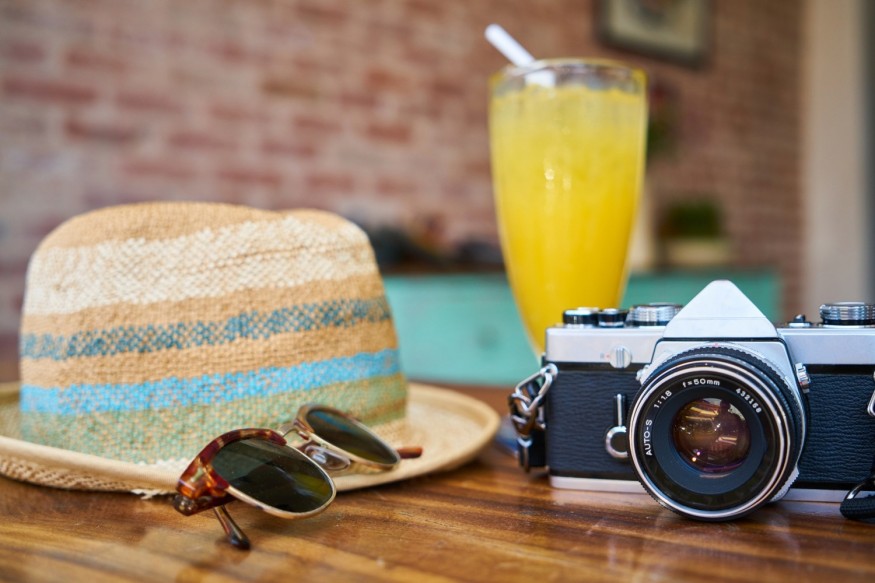As more and more people are getting vaccinated, there are certain activities that become less risky. However, experts still recommend everyone to hold on to precautionary measures for the near future.

Roughly a year into the COVID-19 pandemic, worldwide death tolls exceed 2.3 million with nearly half a million in the U.S. alone. Thankfully, hope is rejuvenated with multiple vaccines created in record time and showing impressive results in preventing the onslaught of COVID-19.
William Moss, the executive director of the International Vaccine Access Center at the Johns Hopkins Bloomberg School of Publish Health says, "What all vaccines have been very highly protective against severe disease, hospitalization, and death."
He adds that the most important success story of the vaccines is the help it brings in keeping the brutal pandemic under control.
With the number of vaccinated individuals increasing daily, many wonder what previously risky activities are now safer post-vaccination.
Here is what experts have to say about how to calculate the risks of common activities after you've had your COVID-19 vaccines.
How Long After Vaccination Can I Expect to Have Full Immunity?
Moderna and Pfizer-BioNTech are two mRNA vaccines that are currently approved for emergency use in the U.S, these involve two doses spaced 3-4 weeks apart. It takes, roughly 1-2 weeks after the second dose to reach the maximum level of protection from COVID-19.
During clinical trials, the vaccines are about 95% effective in preventing COVID-19 cases. At this point though, it is unknown how long immunity will last after a person receives all doses.
After Vaccination, Can I have No Symptoms and Still Spread the Virus?
Despite the importance of the question, there aren't enough rigorous studies as of yet. The data so far shows that vaccination significantly curbs infection even in those that show no symptom.
Should I Still Wear a Mask in Public After Getting Vaccinated?
Experts agree that, at least for the time being, everyone should still weak masks in public spaces. More than not knowing who is vaccinated or not, each person has a different immune reaction to the vaccines.
Cyntia Leifer, associate professor at Cornell University says, "So you immunize 100 people, they're all going to have varying levels of response to that vaccine' some may be not good enough to protect them," Since there's no definitive way to find out how individual bodies will react to the vaccine wearing medical-grade masks adds an extra layer of protection for yourself and those around you.
Despite the efficacy reported for the vaccines, experts remind the public that vaccines aren't magic. They won't magically protect you and everyone around you, there are precautionary measures that still need to be adhered to.
The vaccines provide a way to reduce the risks of severe symptoms and death. At this time many are still unvaccinated and in an effort to keep the pandemic at bay vaccinated and unvaccinated individuals need to be mindful of the precautions sanctioned by health experts.
RELATED STORY : These 5 New COVID-19 Strain Symptoms Need Medical Attention
Check out more news and information on COVID-19 on Science Times.











